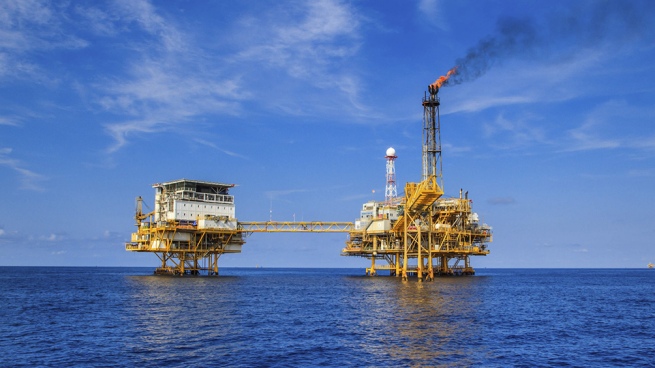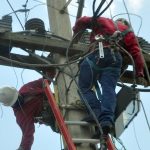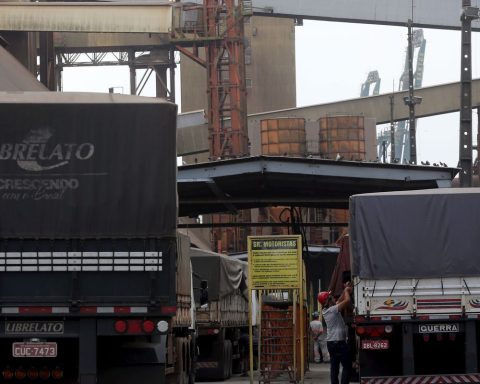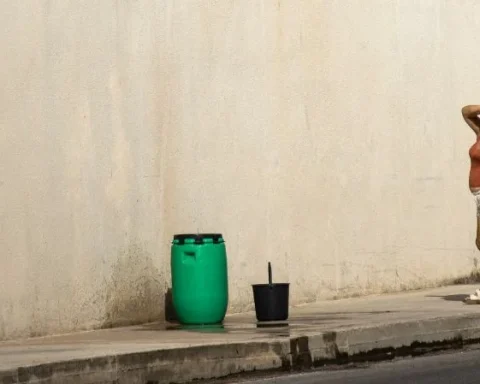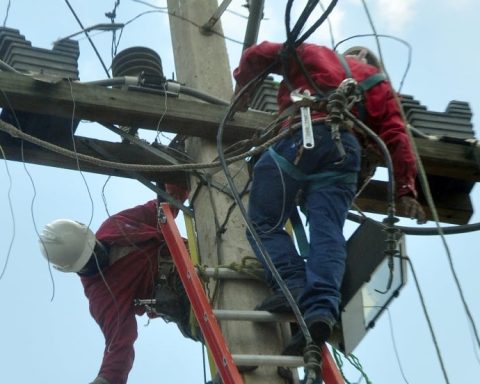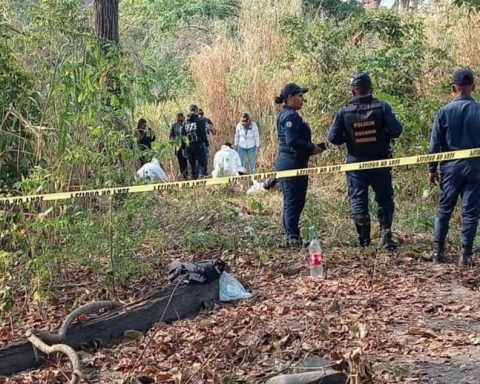Last December, the national government authorized, through resolution 436/2021, the conduct of seismic exploration studies that will serve to assess if there is oilin what quantities and with what possibility of extraction in the so-called North Argentine Basinlocated more than 300 kilometers from the Buenos Aires coast.
This entire process is in the hands of a consortium of oil companies made up of the Norwegian Equinor, associated with the national YPF and the Anglo-Dutch firm Shell.
The decision generated debate in society and the scientific community was not immune to this exchange of ideas and knowledge.
Offshore exploration and industrial development
The first collective letter in the scientific field was from CyTA Group (Argentine Science and Technology) made up of twenty researchers from different disciplines such as Adrián Paenza, Adriana Serquis, Alberto Kornblihtt, Ana Franchi, Andrea Gamarnik, Andrés Kreiner, Dora Barrancos, among others and others.
In this supporting document for the project, the authors stated that “the State and environmental organizations must be partners in the search for solutions for development that takes into account the reality and priorities of our country.”
“The immense drama that our country is going through is that of poverty. Fighting to overcome poverty involves two simultaneous fronts: grow industrializing and grow including. It is necessary to industrialize to include and include to drive industrialization through the demand of a growing internal market“, the mechanical engineer told Télam Edward Dvorkinone of the authors of this letter.
Dvorkin, current president of Y-TEC (a technology-based company made up of YPF and Conicet), pointed out that “industrializing requires energy and foreign currency, since initially many equipment and supplies will have to be imported because ours is a incomplete”.

In this context, Dvorkin assured that, if found, “offshore oil appears as an opportunity to dispose of large amounts of oil and gas (P&G), which would feed industrial development, generate foreign currency by exporting and save the foreign currency that is used today to import energy (for example LNG).”
The engineer maintained that “the model is not to create an oil enclave in the Argentine sea that imports supplies and equipment and exports P&G”, but rather “just like what YPF is doing in Vaca Muerta, the offshore will drive a national industry that will provide inputs and equipment and this will favor the location in the country of productive chains”.
Dvorkin claimed that it is possible to develop this activity “without degrading the environment or harming the development of local activities such as fishing“.
“Norway, a country of enormous and rapid economic development, supports its economy in fishing and offshore oil exploitation. The leadership of YPF, a flagship company not subject to the anger of private shareholders who would demand quick profits at all costs, is the guarantee of the offshore production process without degradation of the environment”, Dvorkin pointed out.
Asked about the development of so-called “clean energies,” the engineer recalled that “Argentina is working on the development of renewable energies, for example at Y-TEC we are working with the University of La Plata and with Conicet in the development of the technologies required to industrially produce lithium cells and batteries and in the production of green and blue hydrogen”.
“However – he maintained – even in countries with high industrial development, the transformation of the energy matrix from the current preponderance of fossil fuels to a future preponderance of renewable energies will take no less than 30 years and in that period fossil fuels They will continue to be essential.
voices against
On the other hand, more than 500 researchers from different disciplines from all over the country, among which are Maristella Svampa, Lucia Maffey, Guillermo Folguera, Gabriela Lichtenstein, Pablo Alabarces -and a long etcetera- responded to this letter and spoke out against the project, arguing a strong environmental impact already from the exploration stage.
“Recently authorized explorations are in ultra-deep waters (between 1,700 and 3,800 meters deep), while the explorations and exploitations that are being carried out in Argentina are in shallow waters, that is, shallow, less than one hundred meters. Still Thus, the fishermen denounced the ‘disappearance’ of the hake stocks in the sea for more than a year, which is why they oppose these exploratory practices,” ecologist and researcher Irene Wais, one of the signatories of this second letter, told Télam. .
And he continued: “The coast of the province of Buenos Aires has a lot of fauna of birds and marine mammals. Penguins and cetaceans (whales, dolphins, dolphins, killer whales) and pinnipeds (sea lions) are particularly sensitive to the strong vibrations that would produce the impacts of compressed air that are expelled to do the exploration. It is not enough to ‘not see them’ in the area, because they are sensitive to vibrations that travel through salt water several hundred kilometers and deep”.
“In the best of cases, the animals become disoriented and then run aground due to neuroendocrine repercussions and in the worst of cases, they die. The environmental impact aspects of the flora are still unknown, but it is known that in Patagonia the ‘forests’ Laminariales submarines, brown algae that are used commercially for various uses, suffered a deterioration after explorations”, Wais described.
The specialist explained that “we must understand that this not only affects that flora and that fauna, that is to say, it is not about protecting a species, but that nature is a network and when the balance in food chains is broken, ‘a domino effect’ whose consequences are unpredictable”.
Wais argued that the new projects for energy production should focus on “renewable sources, not only the most used, wind and solar, all of western Argentina in the Andes is part of the so-called “Pacific Arc of Fire” in which geothermal energy is super abundant.
“A province like Neuquén could easily have cheap energy from geothermal energy. There is also tidal energy, which takes advantage of the vertical movements of the sea between high tide and low tide, and wave energy, which transforms the horizontal movement of waves, their kinetic energy, into It is surprising the amount of energy that could be obtained by these combined renewable sources to be used in local projects or injected into the National Interconnected Electricity System now possible with the Distributed Generation Law,” he concluded.
